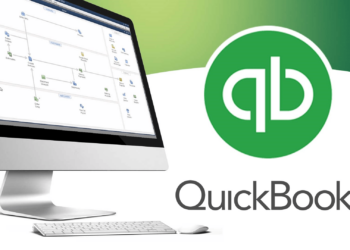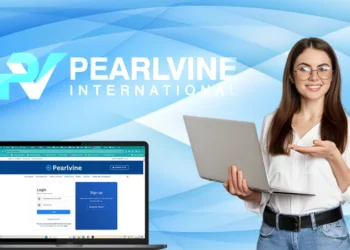Income tax is a challenging topic that is hard to understand without professional help. Therefore, it is not uncommon to find people stressed and confused about deductions and rebates. It is almost impossible to find your way through the complex maze of taxes all by yourself. If you are also one of those people, then don’t worry because there are many like you.
While there are seasoned tax consulting professionals who can help you file your taxes, it is better to understand the process yourself. It can be especially helpful if you know how to save money via investments covered under income tax section 80C, or how much tax you are required to pay. That way, you not only learn about the important stuff related to taxation but also become equipped with crucial knowledge to plan your income and investments accordingly.
That being said, Budget 2020 gives taxpayers of India tremendous opportunities to save money under the new optional regime. Simply put, an individual will be able to enjoy more significant savings if they are willing to forgo the benefits related to deductions and rebate offered in the old tax regime.
While individuals can undoubtedly enjoy better tax slabs, it is essential to know that taxation under new rates will not be entitled to deductions. Therefore, tax-saving investments, including the ones under income tax section 80C and 80D, housing rent allowance, professional tax, and Leave Travel Concession.
On that note, let us answer the most common 2020 budget FAQs and how the budget affects the term insurance tax benefit for individual taxpayers.
1: What are the Key Points of the Income Tax Act?
Here are some key takeaways from the new budget:
- Income Tax has been simplified for the ease of filing
- According to the new budget, taxpayers can enjoy reduced tax rates if they are willing to forego exemptions such as savings of up to Rs. 1,5,000 as per income tax section 80C on life insurance policies.
- 70 out of 100 exemptions have been removed from the new Income Tax regime, which includes investments applicable under income tax section 80C, education loan interest, housing loan interest, standard deduction, savings bank interest, Leave Travel Allowance etc.
- Retained benefits include employer contribution to PF, gratuity withdrawal, leave encashment, scholarships for higher education etc.
- Old personal tax slabs to be applicable for people who wish to use their investment savings as per income tax section 80C, reliefs, and exemptions.
- According to the new tax regime, individuals with annual income above five lakhs benefit from the full tax rebate, especially those who are unable to provide receipts for Housing Rent Allowance to claim rebates.
- Taxpayers can choose the old regime if they want to safeguard their investments to enjoy tax benefits as per income tax section 80C and other rebates. The individuals who are willing to forgo these benefits can choose a new tax regime, which is optional.
-
2: what is the Total Rebate You can Claim Under Section 87A?
Indian tax laws have many helpful provisions for its taxpayers. One such provision is section 87A of the Indian Income Tax Act. According to the provision, rebate under section 87A is applicable for individuals with income below the specified limit. With the help of this provision, individuals with lower income brackets can reduce the tax burden significantly.
Anyone with an income above Rs. 5,00,000 will be taxed as per the normal rates, and you will not be able to claim benefits under section 87A. If eligible, the benefits are as follows:
- Rs. 12,500 or
- The amount of tax payable, whichever is lower
Is your income above the threshold limit? Don’t worry because the prevailing tax laws allow you to enjoy rebate up to Rs. 1, 50,000 on life insurance policies as per income tax section 80C.
By investing in life insurance, you can not only bring your total taxable income down by claiming deductions up to the total amount invested. At the same time, you can enjoy many other benefits such as financial security against unforeseen circumstances, long term insurance coverage, and protection from critical illnesses, to name a few.
3: What is the Eligibility to Claim Tax Deductions Under Section 87A
Any Individual with income less than Rs. 3, 50,000 is eligible to apply for this rebate. However, the rebate is limited to Rs. 2,500 and applied before education cess of 4% is added to their income.
However, if your taxable income is between 3,50,000 and Rs. 5,00,000, then you are eligible to claim a rebate up to Rs. 5,000.
The eligibility criteria under section 87A are:
- You must be a resident individual
- Total income after deductions under income tax section 80 must not exceed 5 lakh.
Taxes are an essential part of your financial planning. However, it should not be the key driver of your investment decisions. There are numerous investment options offered by insurance providers like Max Life that help you save tax as per income tax section 80C and also reap greater financial security for you and your loved ones.
















